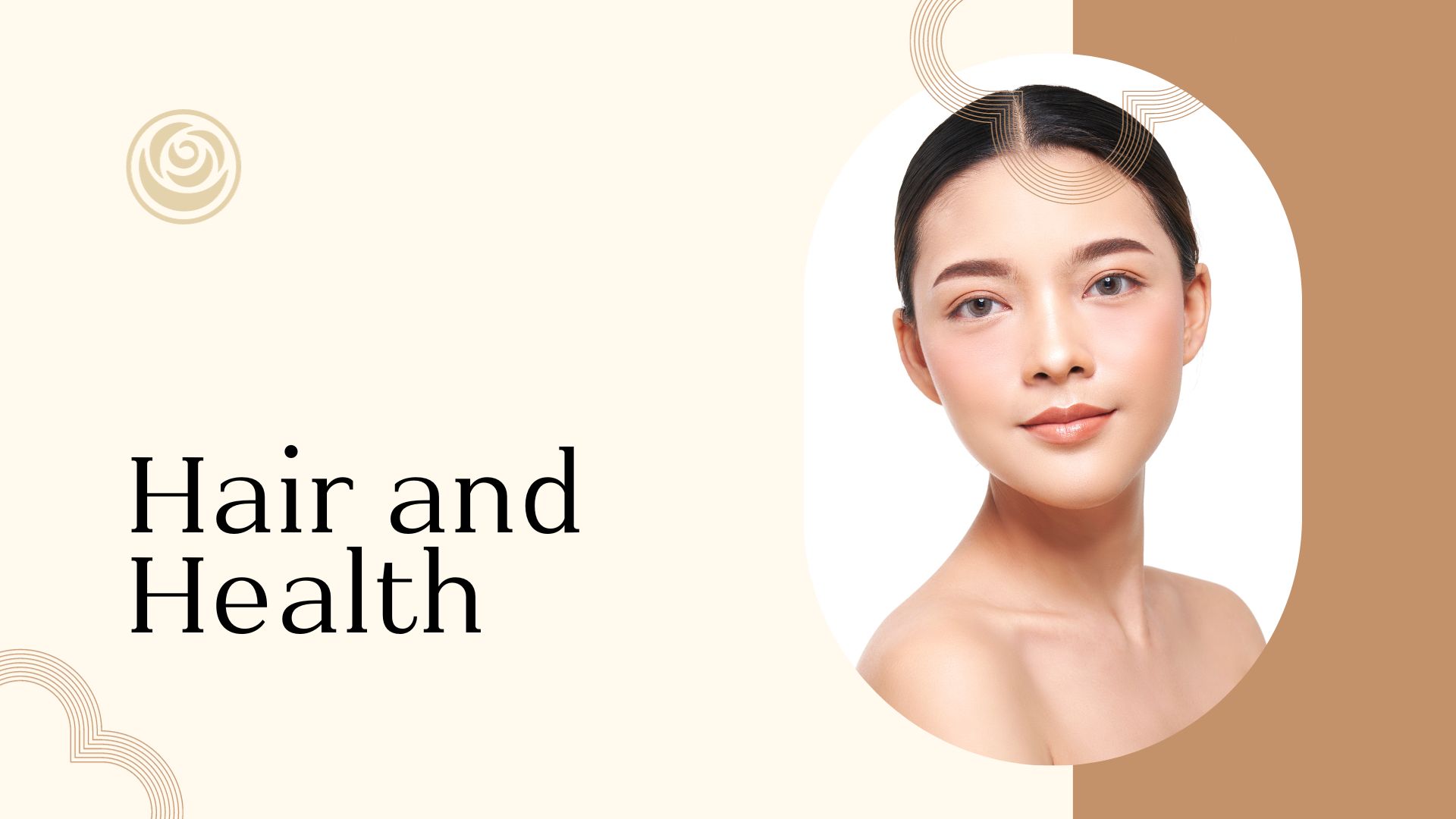Hair, a seemingly insignificant component of our appearance, is inextricably linked to our total health. It is a mirror of our interior well-being, not only looks. Healthy, glossy hair is a sign of a well-balanced lifestyle and a well-nourished body. Dull, brittle, or thinning hair, on the other hand, might indicate underlying health concerns or nutritional inadequacies.
The Science of Hair Growth
Hair growth is a complex process that involves the interplay of various factors, including genetics, hormones, and nutrition. Hair follicles, the tiny pockets in our scalp where hair originates, undergo a continuous cycle of growth, transition, and rest. During the growth phase, which lasts for several years, keratin, a protein, is produced and forms the hair shaft. The transition phase is brief, and the resting phase lasts for a few months before the cycle starts again.
Diet and Hair Health
A healthy diet is crucial for maintaining healthy hair growth. Hair follicles rely on a steady supply of nutrients, including protein, biotin, iron, zinc, and omega-3 fatty acids. Protein is the building block of keratin, and biotin is essential for cell growth and metabolism. Iron carries oxygen to the hair follicles, while zinc aids in protein synthesis and DNA repair. Omega-3 fatty acids promote scalp health and reduce inflammation.
Deficiencies in these nutrients can lead to hair loss, thinning, or changes in hair texture. For instance, a protein deficiency can cause hair to become brittle and weak, while an iron deficiency can result in anemia, leading to fatigue and hair loss.
Stress and Hair Health
Stress, both physical and emotional, can have a significant impact on hair health. Chronic stress can disrupt the hair growth cycle, causing hair to prematurely enter the resting phase and fall out. Stress also elevates levels of cortisol, a hormone that can suppress the immune system and impair the absorption of nutrients, further affecting hair growth.
Lifestyle Choices and Hair Health
Apart from diet and stress, various lifestyle choices can impact hair health. Excessive heat styling, harsh chemical treatments, and tight hairstyles can damage the hair shaft and lead to breakage. Smoking can constrict blood vessels, reducing blood flow to the scalp and hindering nutrient delivery to the hair follicles.
Hair Health as a Window to Overall Health
The condition of our hair can provide valuable insights into our overall health. Hair loss, scalp problems, and changes in hair texture can be early signs of underlying health conditions, such as thyroid disorders, autoimmune diseases, or nutritional deficiencies.
Promoting Healthy Hair
Maintaining healthy hair requires a holistic approach that encompasses a balanced diet, stress management, and healthy lifestyle practices. Here are some key tips for promoting hair health:
- Consume a nutrient-rich diet: Ensure your diet includes adequate protein, biotin, iron, zinc, and omega-3 fatty acids.
- Manage stress levels: Practice stress-reduction techniques such as yoga, meditation, or deep breathing.
- Limit heat styling and harsh chemicals: Minimize heat styling tools and avoid harsh chemical treatments that can damage the hair shaft.
- Gentle hair care: Use mild shampoos and conditioners, detangle hair gently, and avoid tight hairstyles.
- Regular scalp care: Massage your scalp to promote blood circulation and remove dead skin cells.
- Stay hydrated: Drink plenty of water to keep your hair and scalp hydrated and prevent dryness.
- Adequate rest: Prioritize sleep as it allows your body to repair and rejuvenate, including hair growth.
- Seek medical advice: If you experience persistent hair problems, consult a healthcare professional to rule out underlying health conditions.
Healthy hair is a reflection of a healthy body. By nourishing your body with essential nutrients, managing stress, and adopting healthy lifestyle practices, you can promote hair growth, maintain a healthy scalp, and showcase your vibrant inner health.
